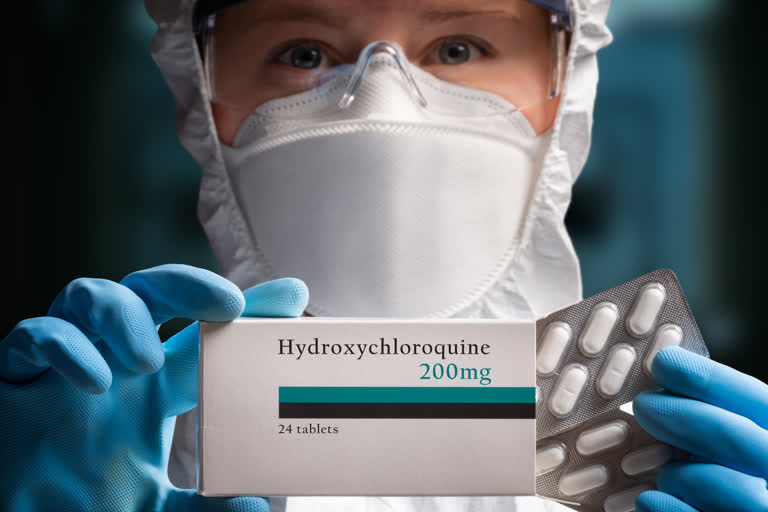New research adds to the growing body of evidence that how the famous anti-malarial drug hydroxychloroquine (HCQ) is not a possible defense against COVID-19.
The study, published in the journal Annals of the Rheumatic Diseases, found that HCQ is not effective in preventing COVID-19 in patients with lupus and rheumatoid arthritis (RA), suggesting a broader interpretation of HCQ as ineffective preventive medicine for the general population.
"Our study shows, with a large degree of confidence, that HCQ is ineffective as a preventive antiviral in people with SLE and/or RA taking drugs that suppress their immune system, putting them at greater risk," said study lead author Mendel Singer from the Case Western Reserve University in the US.
Many researchers have focused on patients with systemic lupus erythematosus (SLE) and RA because HCQ is frequently taken by these patients. Anecdotal reports in the early stages of the pandemic showed these patients were not getting Covid-19.
Earlier researchers then explored HCQ in the lab and found it effective against the virus, in addition to its already established anti-inflammatory properties, so testing in people for prevention or treatment at first held some promise. Since those early tests, various more recent studies have shown that HCQ is not effective in treating moderate-to-severe hospitalized cases. Treatment with HCQ early in the disease or for mild cases is still under review.
The research team drew on a large national database, pulling de-identified patient data from 36 health systems, to compile a much larger study than previous work, looking at patients with SLE and/or RA and their health outcomes related to their use of HCQ. Prior studies had fewer than 20 Covid-19 patients with SLE and/or RA; this study had 159. This study showed that patients with SLE and/or RA who contracted Covid-19 were just as likely to be taking HCQ as SLE and/or RA patients who did not get Covid-19.
"By drawing on data from a relatively large patient population with lupus and/or RA, we can offer a higher level of confidence in our findings," said Singer.
"We see from this large retrospective review that this drug is ineffective in preventing Covid-19 in these patients who have been taking HCQ," he added."If HCQ were effective in prevention, we would have seen fewer HCQ-taking SLE/RA patients with Covid-19, but did not," the study authors noted.
"This likely means that HCQ is not active against the SARS-CoV-2 virus in humans—versus in the lab—and is unlikely to be an effective preventive antiviral for anyone," they noted.
Last month, a study published in the journal Annals of Internal Medicine, showed that HCQ was ineffective for Covid-19 patients with early and mild symptoms as well.
COURTESY: IANS



